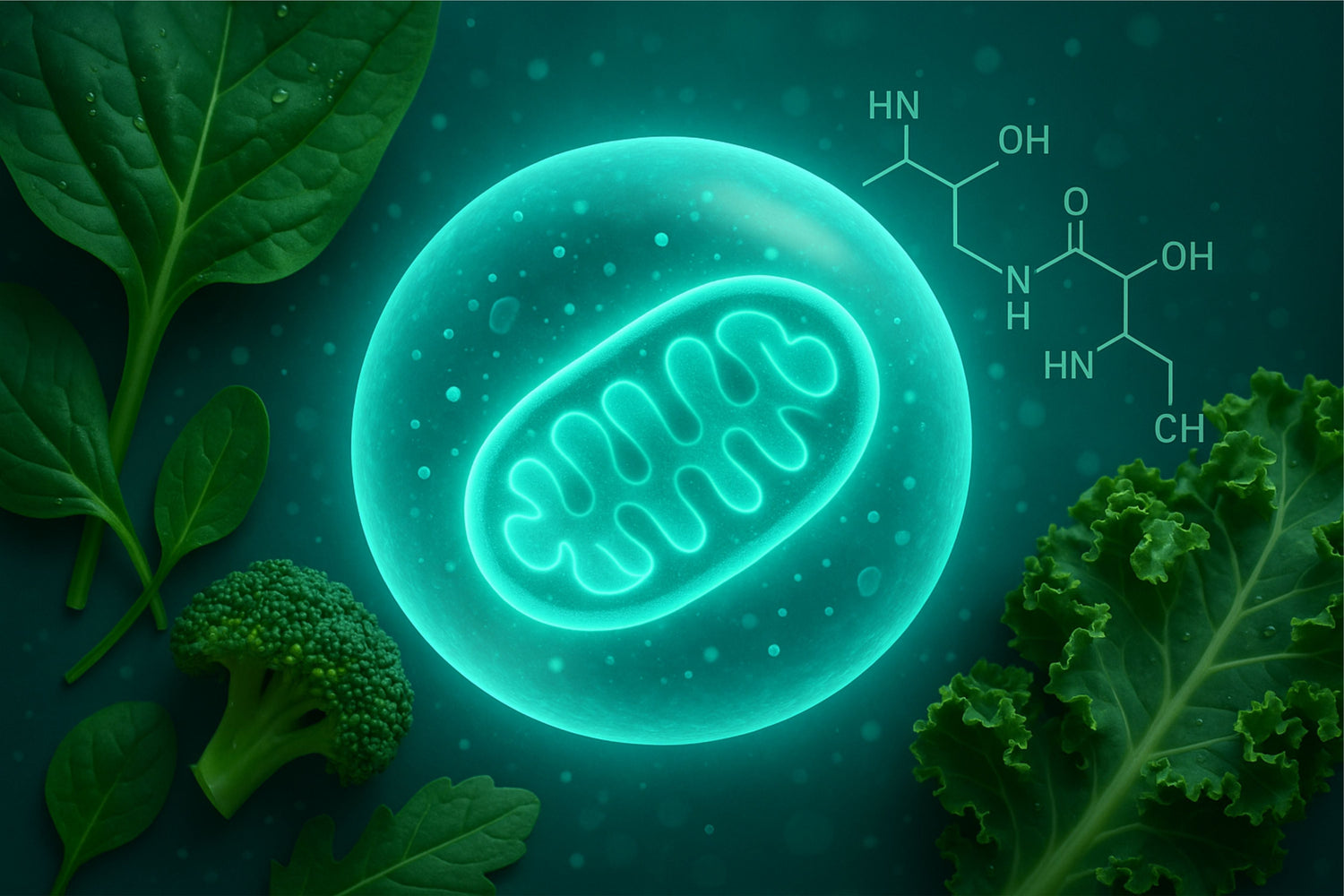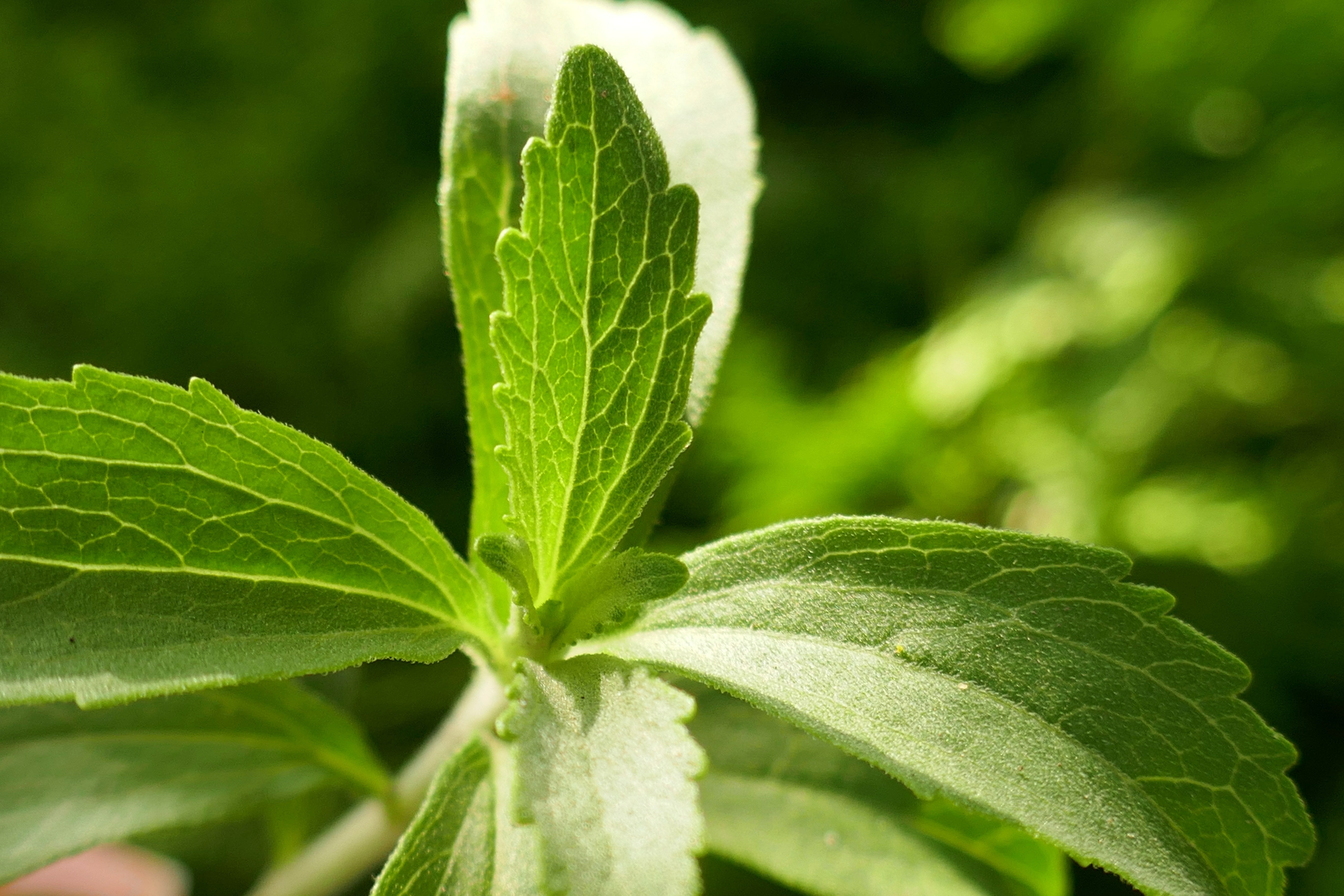By Dr. Brandon Johnson DC, CCSP®-Doctor of Chiropractic | Co-Founder of Voli
As a health practitioner and Co-Founder of Voli, one antioxidant I’m frequently asked about is glutathione. Known as the “master antioxidant,” glutathione plays a central role in detoxification, immune defense, and cellular repair. But what exactly is it and why should you care?
Let’s break it down in practical terms.
What Is Glutathione?
Glutathione is a powerful antioxidant made naturally in your body from three amino acids: glutamine, glycine, and cysteine. It’s found in every cell and works around the clock to neutralize free radicals, detoxify harmful compounds, and protect your mitochondria (the engines of your cells) from damage.
Unlike other antioxidants like Vitamin C or E, glutathione is produced internally and is recyclable, meaning your body can regenerate it, but only if it has the right nutritional support.
Why Is Glutathione Important?
Think of glutathione as your body’s internal clean-up crew. It helps:
- Neutralize free radicals before they damage tissues
- Detoxify the liver, removing heavy metals, alcohol, and environmental toxins
- Strengthen the immune system by supporting white blood cell function
- Reduce inflammation by regulating cytokine (small protein that regulate inflammation) activity
-
Support energy production by protecting mitochondria
Low glutathione levels have been linked to fatigue, brain fog, weakened immunity, and chronic diseases such as diabetes, Alzheimer’s, and even cancer.
Can You Boost Glutathione Naturally?
Yes, but it’s not always easy. Your body’s glutathione production declines with age, stress, poor diet, alcohol, and environmental exposure. Fortunately, you can support glutathione levels with:
- N-acetyl cysteine (NAC) – A direct precursor to glutathione
- Alpha-lipoic acid (ALA) – Helps recycle glutathione
- Whey protein – Rich in cysteine
- Cruciferous vegetables – Like broccoli, kale, and Brussels sprouts
-
Glutathione supplementation – Especially in a reduced form for better absorption
At Voli, we use reduced glutathione in our Recovery formula because it plays a critical role in helping the body recover from physical exertion, oxidative stress, and inflammation, all common challenges for people like us. “Reduced” refers to glutathione in its active, antioxidant form, which is readily used by the body. This makes it significantly more bioavailable and effective at neutralizing free radicals and supporting cellular repair.
Is It Safe?
Yes. Glutathione is produced naturally in the body and has an excellent safety profile when taken through food or supplements. It’s also well-tolerated in clinical settings, including IV and oral use, with growing evidence supporting its role in anti-aging and detoxification protocols.
The Bottom Line
Glutathione is one of the most important, but most overlooked, players in your body’s wellness arsenal. Supporting its production can help you feel better, recover faster, and protect your long-term health.
That’s why we include it in Voli, not as a trendy add-on, but because it’s what your body truly needs.
Dr. Brandon Johnson DC, CCSP®
Chiropractor | Certified Chiropractic Sports Physician
Co-Founder of Voli
References
- Townsend, D.M., Tew, K.D., & Tapiero, H. (2003). The importance of glutathione in human disease. PubMed – Biomed Pharmacother
- Pizzorno, J. (2014). Glutathione! The Mother of All Antioxidants. NIH – IMCJ
- Valko, M., et al. (2006). Free radicals, metals and antioxidants in oxidative stress-induced cancer. Chemico-Biological Interactions
- Wu, G., et al. (2004). Glutathione metabolism and its implications for health. The Journal of Nutrition
- Jones, D.P. (2006). Redefining oxidative stress. Antioxidants & Redox Signaling
- Richie, J.P. et al. (2015). Randomized controlled trial of oral glutathione supplementation on body stores of glutathione. European Journal of Nutrition
- Sekhar, R.V. et al. (2011). Glutathione synthesis is diminished in elderly humans. American Journal of Clinical Nutrition
- Park, E.Y. et al. (2009). Effect of oral administration of glutathione on oxidative stress in healthy adults. Journal of Health Science



Leave a comment
All comments are moderated before being published.
This site is protected by hCaptcha and the hCaptcha Privacy Policy and Terms of Service apply.